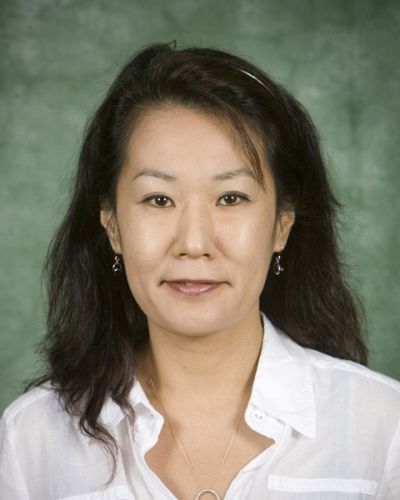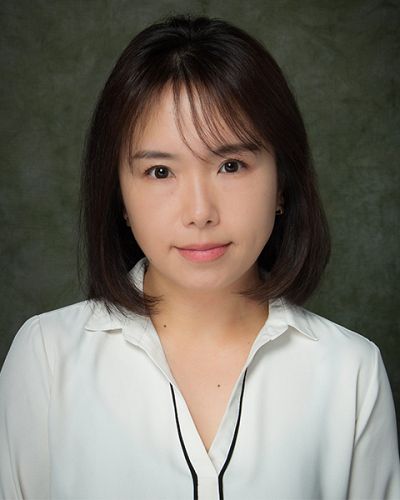BA in Japanese Studies
The Japanese Studies program fosters detailed, nuanced knowledge and understanding of various aspects of premodern, modern and contemporary Japanese culture and society, including history, language, literature, visual culture, society, politics and economics. It provides a solid foundation of Japanese language skills, including reading, writing, speaking and listening comprehension.
The courses offered are ideal for students wishing to gain practical communicative skills, those planning to further specialize in Japanese Studies and those pursuing careers in areas such as education, business, government and NGOs.
Requirements
-
Major Requirements
The Japanese Studies major requirement consists of 11 courses.
Language Courses
Students are required to successfully complete the following four language courses:
-
JPN 203 Intermediate Japanese I
-
JPN 204 Intermediate Japanese II
-
JPN 305 Advanced Japanese I
-
JPN 306 Advanced Japanese II
Note: JPN 101 (Elementary Japanese I) and JPN 102 (Elementary Japanese II) provide the basic linguistic knowledge and skills required to begin the major but do not count towards the major. After consultation and proficiency test assessment administered by Japanese Program faculty, students who already demonstrate competence in Japanese at any of the required levels may waive part or all of the language requirements. Waived Japanese language courses will not count toward the major and must be replaced with other Japanese Studies courses to bring the total number of courses to eleven. A letter grade of C or better is necessary for a course to count toward the Japanese Studies major.
Elective Courses
In addition to the required language courses, students must choose:
-
One core course in Asian American and Diaspora Studies.
-
Six elective courses in Japanese Studies.
In addition:
-
Two of the courses have to be at the 400 level, with at least one being in Japanese Studies
-
At least two additional elective courses must be at the 300 or 400 level.
-
At least six courses must be taken at Binghamton University.
-
No more than one course may be an independent study.
-
No more than one course may be taken Pass/Fail.
- No language course may be taken Pass/Fail.
-
A letter grade of C or better is necessary for a course to count toward the major.
-
-
Minor Requirements
The minor in Japanese Studies consists of six courses consisting of three language courses and three Japanese Studies elective courses. At least three of these six courses must be at the 300 or 400 level.
The three required language courses are:
-
JPN 203 Intermediate Japanese I
-
JPN 204 Intermediate Japanese II
-
JPN 305 Advanced Japanese I
Note: JPN 101 (Elementary Japanese I) and JPN 102 (Elementary Japanese II) provide the basic linguistic knowledge and skills required to begin the minor but do not count towards the minor. After consultation and proficiency test assessment administered by Japanese Program faculty, students who demonstrate proficiency in Japanese at any of the required levels may waive part or all of the language requirements. Waived Japanese language courses will not count toward the minor and must be replaced with other Japanese Studies courses to bring the total number of courses up to six.
In addition:
- No more than one course may be an independent study
- No more than one course may be taken Pass/Fail.
- No language course may be taken Pass/Fail
- At least four courses must be taken at Binghamton University.
- A letter grade of C or better is necessary for a course to count toward the minor.
-
Courses for Japanese Studies Majors & Minors
Faculty Members of Japanese Studies


Mariko Hashimoto
Lecturer
Research Interests

Research Interests

Junko Schwartzman
Lecturer
Research Interests

David C. Stahl
Professor, Japanese Program Coordinator
Research Interests